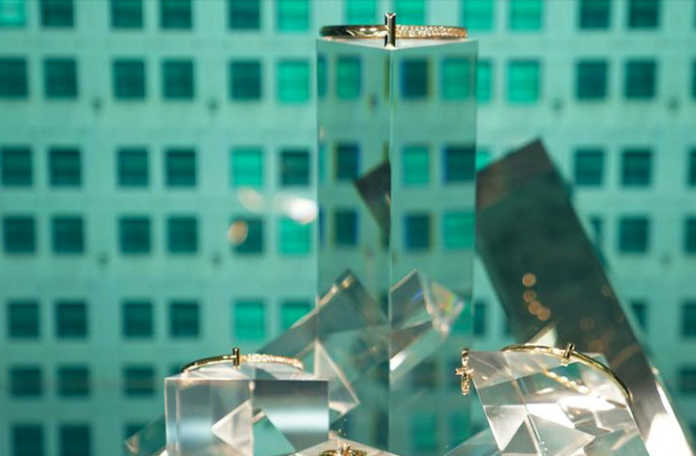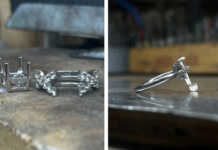
The deal, first announced more than a year ago, will help LVMH, owner of brands such as Louis Vuitton and Bulgari, to expand in jewellery, which has been one of the fastest-growing parts of the luxury goods market.
Here are some facts about LVMH’s jewellery and watches division based on annual reports and the company’s website:
Set up in 1999, watches and jewellery is the newest of LVMH’s six business divisions.
A milestone for the jewellery business was its 2011 acquisition of Italy’s Bulgari for 3.7 billion euros, at the time the largest luxury goods deal in a decade.
Other brands in the division comprise Chaumet, TAG Heuer, Fred, Hublot and Zenith.
With 4.4 billion euros (5.4 billion) in sales and earnings of 736 million euros in 2019, the division accounted for just 8% of sales and 6% of earnings from recurring operations.
The business is relatively small compared with LVMH’s fashion and leather goods division, home to Christian Dior, Givenchy and other brands such as Fendi and Louis Vuitton.
But it has expanded rapidly. In 2010, before the Bulgari deal, sales from jewellery and watches were 985 million euros, 5% of the group total, and profits were 128 million euros, just 3% of the total.
Tiffany, founded in New York in 1837, reported net sales of $4.4 billion and net earnings of $541 million in the year to the end of January, 2020. ($1 = 0.8161 euros)
Source: Reuter
















